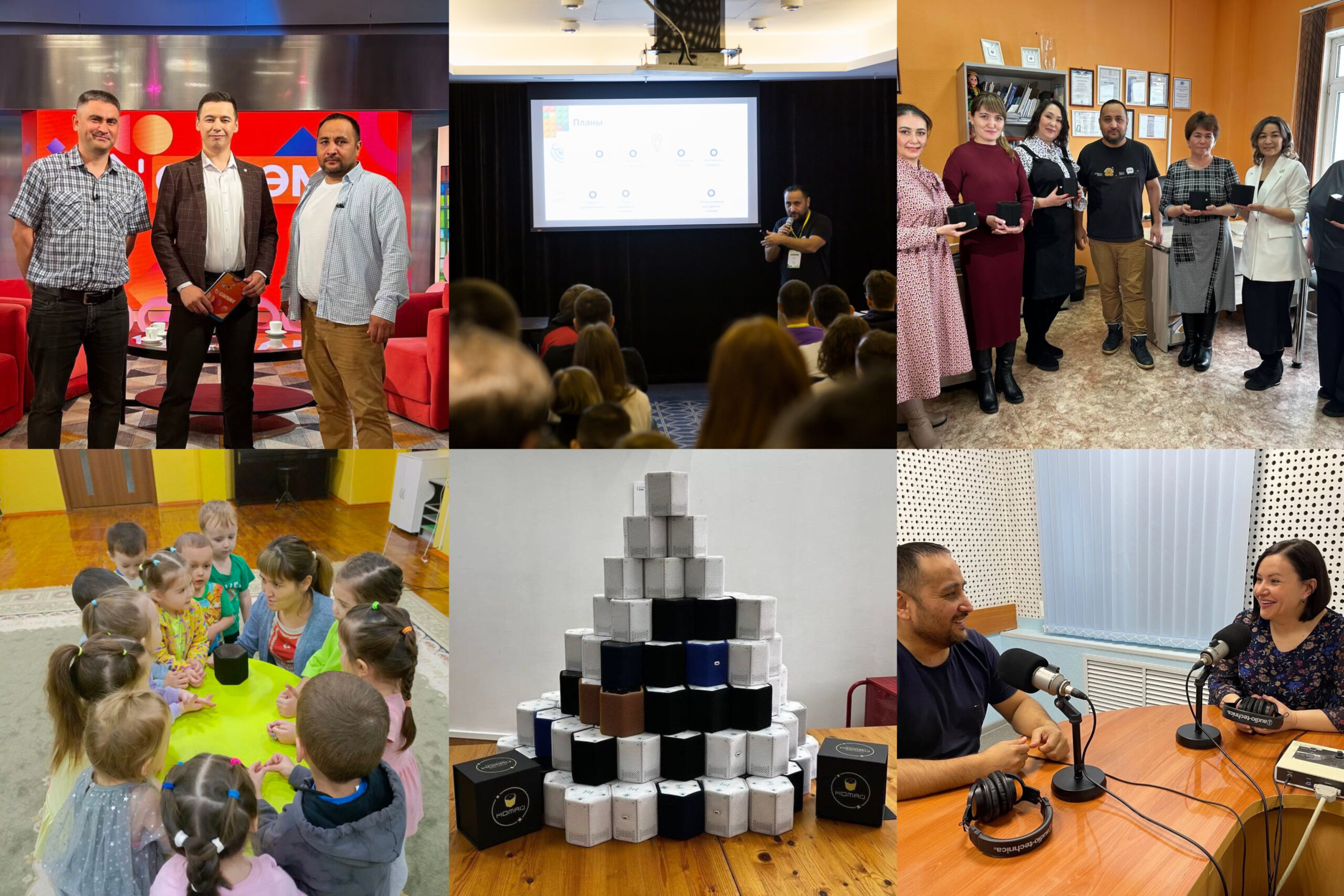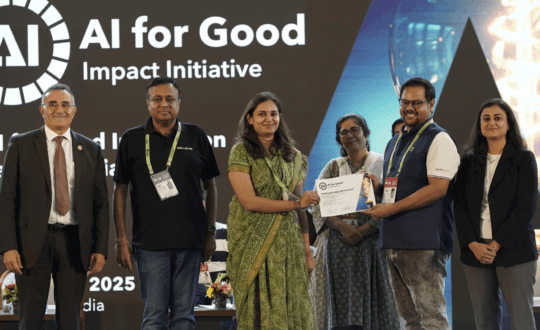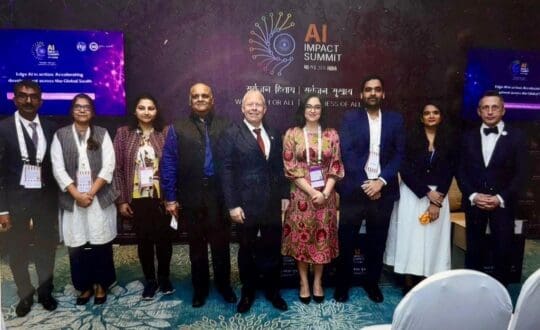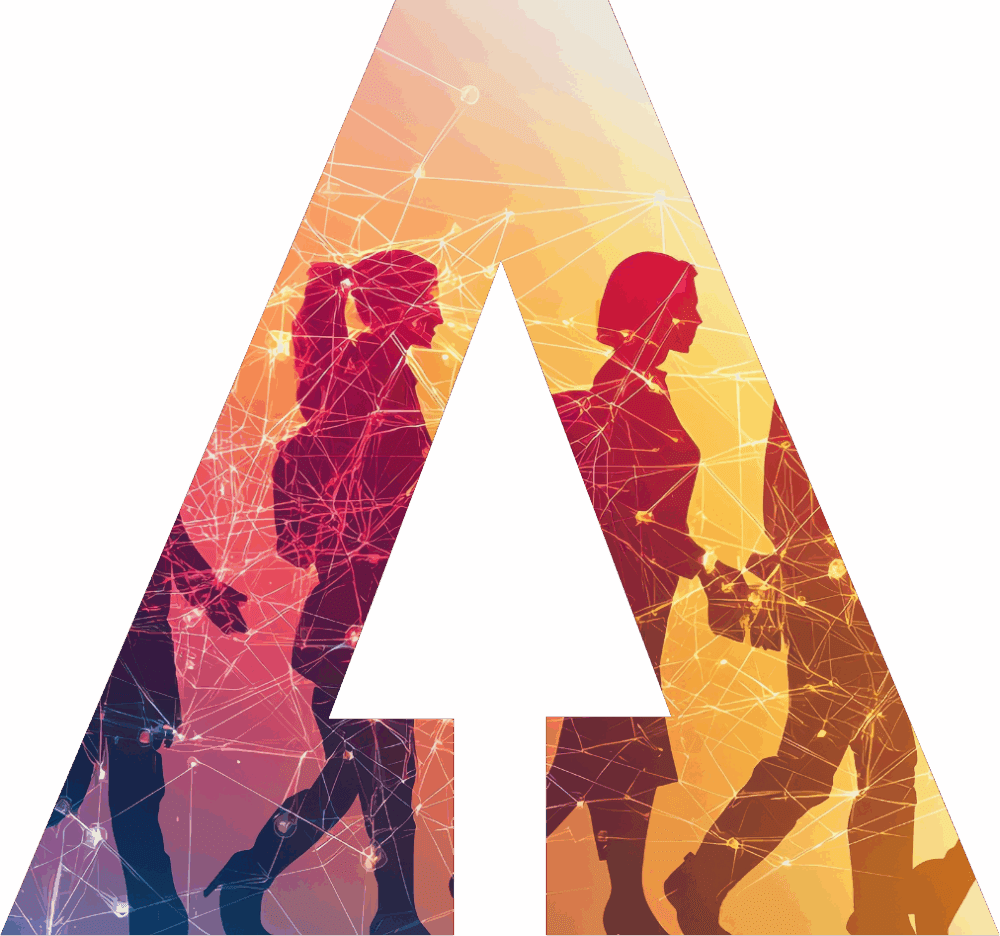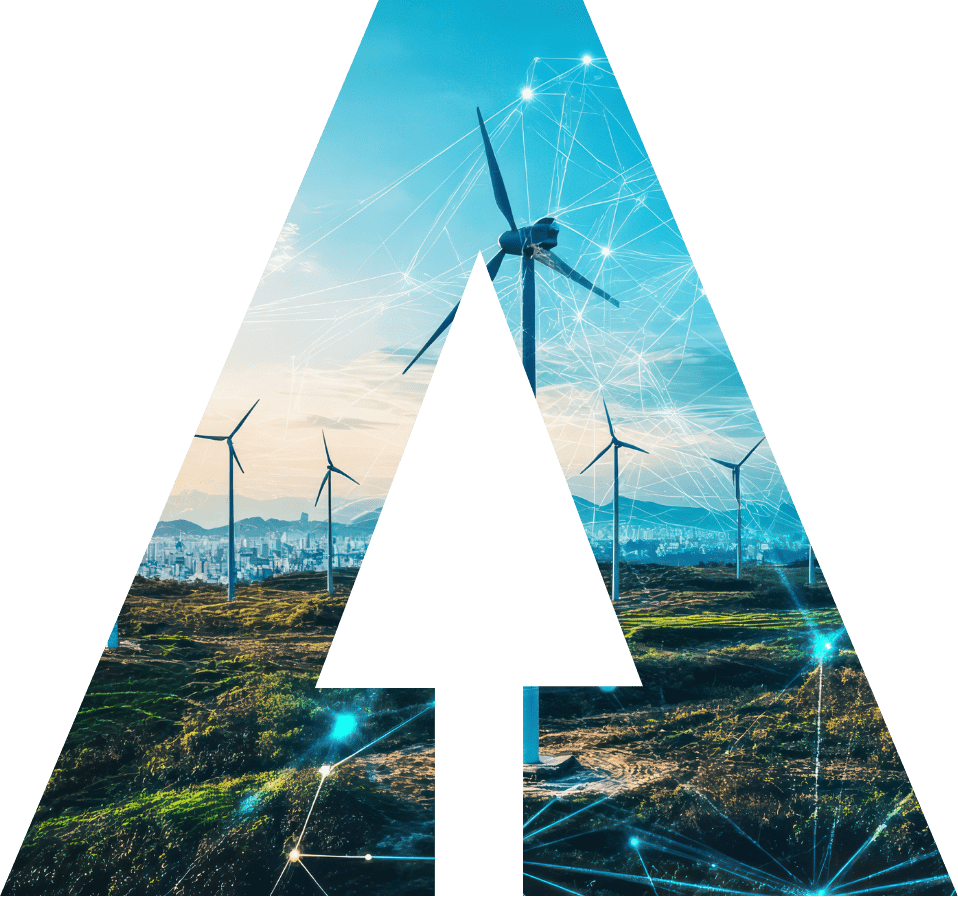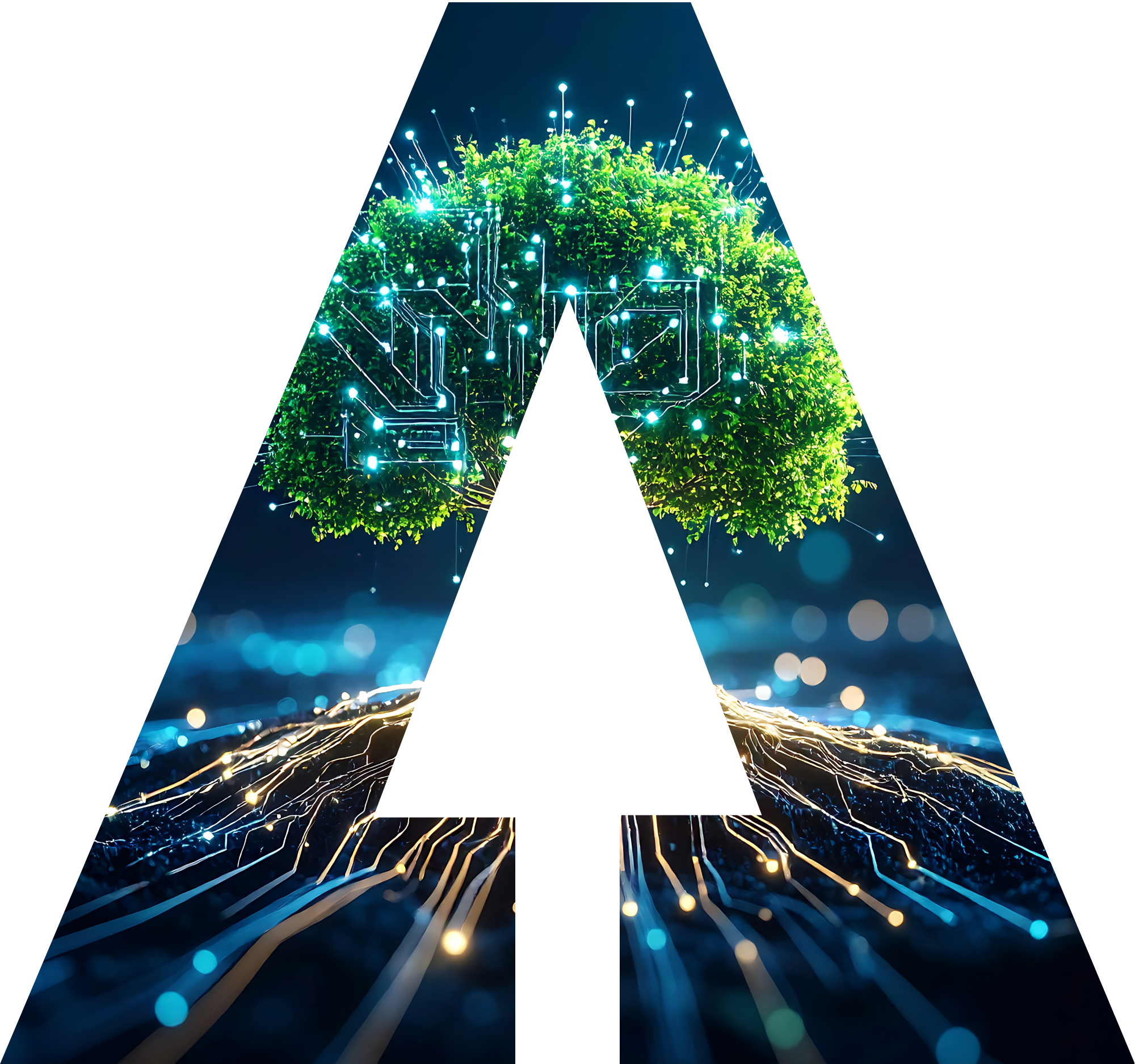In late March 2025, four promising AI startups took the stage in Malta to demonstrate their innovative solutions at a pitching session for the AI for Good Innovation Factory Malta. This leading UN-based startup pitching and acceleration platform, organized by the International Telecommunication Union in partnership with Mellifera and the Republic of Malta, accelerates startups with AI-driven solutions for global challenges and provides a vital stage for the emerging innovators.
Following a dynamic round of presentations, Homai secured the top position driven by its significant mission to preserve Indigenous languages through AI-powered tools. By digitizing these endangered languages and incorporating them into accessible devices and software, this startup empowers cultural communities to maintain their linguistic heritage in everyday life.
Mr. Aigiz Kunafin, Founder and Project Lead at Homai, pioneered the development of its winning solution, which stemmed from the concept of creating the first smart speaker specifically for the Bashkir language, his native tongue. The technology not only understands and responds in Bashkir with native fluency but also preserves linguistic heritage by enabling natural interactions for daily needs, from accessing information to enjoying traditional storytelling and music.
“To develop this product, we had to build an entire technological pipeline from scratch: collecting and annotating speech data, training neural network models for speech recognition and synthesis, and integrating these models into hardware and software. During this process, we discovered that our methodology is broadly applicable and could be adapted to other endangered languages.” Mr. Aigiz Kunafin mentioned.
To realize this vision, the team developed a comprehensive technological system. This involves the acquisition of speech data, the training of artificial intelligence models, and the integration of these elements into user-friendly hardware and software. Recognizing the potential to assist other linguistic communities facing similar challenges, Mr. Kunafin and his team made their methodology readily accessible. They provided detailed guidelines and support to empower these communities to digitize their languages and create their own language-centric technological solutions, contributing to the preservation of their cultural heritage through technology.
Initially focused on the Bashkir language in the Republic of Bashkortostan, the team’s success led to adapting their solution for the Mari language community within the same region. This demonstrates the inherent scalability of their approach, which serves as a key motivator for Homai’s participation in the AI for Good Innovation Factory in Malta. Their universally applicable methodology, combined with open resources, aims to empower communities worldwide to independently create their own language-focused technological solutions.
Facing the escalating crisis of minority language extinction, accelerated by limited digital presence, Homai offers a powerful solution. Its accessible platform and comprehensive toolkit enable communities to digitize their linguistic heritage, fostering the creation of practical tools like smart speakers. By promoting daily use, especially among younger generations, Homai strengthens cultural identity and actively preserves the world’s linguistic diversity.
A primary challenge for the Homai is addressing languages with limited digital resources. This often requires significant initial effort in digitization, frequently carried out by communities without specialized technical skills. Adding to this is the crucial need to ensure the digitization process remains accessible to individuals without IT expertise, which depends on ongoing simplification of tools and interfaces. Ultimately, Homai aims to overcome this scarcity of digital resources by developing user-friendly tools that empower the global preservation of languages within the digital sphere.
The AI for Good Innovation Factory Malta provides Homai a strategic platform for global expansion. Having already adapted their technology from Bashkir to Mari languages, the startup now seeks to validate their solution on the international stage.
“We joined the AI for Good Innovation Factory Malta because it offered an excellent opportunity to advance our global vision—enabling every linguistic community worldwide to preserve and revitalize their language using accessible AI technology.” Mr. Aigiz Kunafin.
Homai’s mission is to empower communities with tools for independent language digitization and preserve global linguistic diversity and cultural identity. The competition provides an international platform to showcase this vision and connect with key partners in the field.
As the winning startup during this session, Homai earns the opportunity to represent Malta at the Innovation Factory Grand Finale during the AI for Good Global Summit 2025,where they will compete on a global stage with the support and visibility of the United Nations.


 Register here
Register here